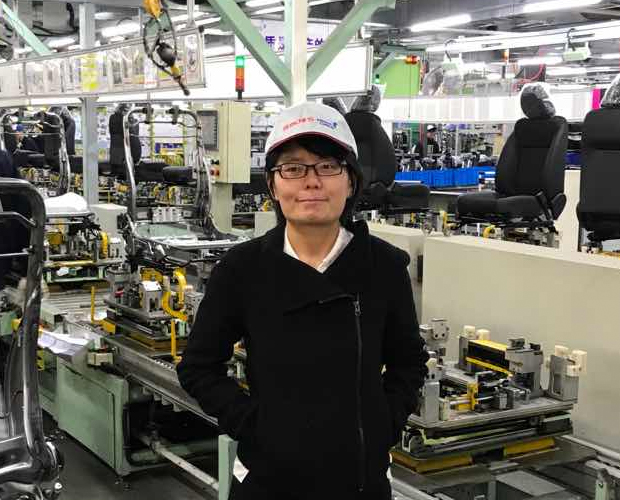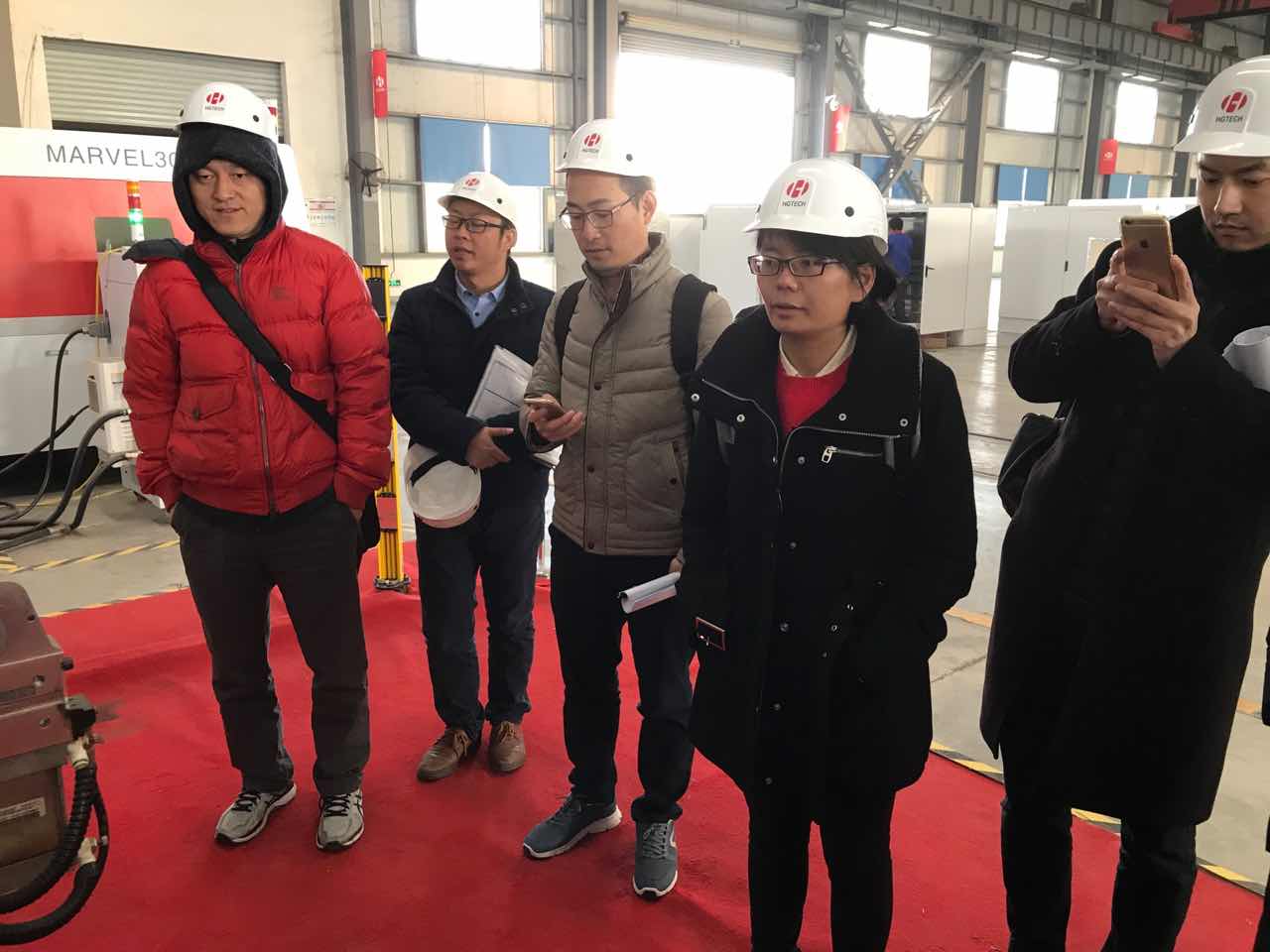Decoding the Hong Kong protests – and more

Jan. 22, 2020 | By Jade Griffin | GPS News
What economic incentives do Chinese politicians receive? How do they impact issues like air quality and the safety of workers? How do historical events – such as the protests in Hong Kong – affect economic development?
UC San Diego School of Global Policy and Strategy (GPS) Associate Professor Ruixue Jia, an expert in political economy, development economics, economic history and China, has spent her academic career working to answer these questions and more.
Jia recently returned from a sabbatical, during which she focused her attention on the transformation of the Chinese manufacturing sector, including the adoption of automation technology and its impact.
As historic protests continue in Hong Kong, we consulted Jia for her perspective on current events in the region, as well as what’s next for her at GPS.
You are just returning from your fall sabbatical. What was your research focus?
"My past research focused on the role of governments in economic development, but about two years ago, I started a new agenda on the behavior of companies. In particular, I am fascinated by the transformation of the manufacturing sector in China. During my sabbatical, I worked on a project related to the adoption of automation technology and its consequences on firms. The broad motivation is to see whether China can take a leading role in the new wave of industrial revolution. It seems like the right time to follow this issue."
The world is watching the current political climate in Hong Kong. What should Westerners understand? How do you feel about the protests in Hong Kong?
"This is a difficult question. I spent time recently in Hong Kong, and as a result, my own understanding is changing. In the summer, I sympathized with the protesters and respected their solidarity. But I have to admit that I gradually lost my confidence in some of the protesters when the protest escalated to violence.
I also started seeing provincialism and even racism among the young Hong Kongers against mainland Chinese. I had a sad experience: I got into a disagreement with a Hong Kong resident on the subway because he did not allow me to sit beside him. Being able to sit next to each other is very important for every society. It is like a metaphor...
Of course, I do not believe that the protestors are the origin of the problem, but I believe the protests are more complicated than demand for democracy emphasized by Western media. The protests reflect both historical and contemporary problems – the colonial history of the city, how Hong Kong was handed over to China and how the Beijing government responded to the protests. I do not have a clear answer to the root of the problem, which gives me a lot to think about these days. Unfortunately, the problem is not merely a short-run shock, but will have consequences on the city and its people long term."
As a Chinese academic, what are the most important issues you believe face contemporary China?
"I believe that the most important issue is to find a balance between the political and economic systems. While many authoritarian regimes descended into crisis, the Chinese political system has not stifled economic growth in the past few decades. But the complementarity between the political and economic systems is certainly not guaranteed."
 As you return from sabbatical, what are you teaching at GPS?
As you return from sabbatical, what are you teaching at GPS?
"One of the courses I am teaching this quarter is the capstone class for the Master of Chinese Economic and Political Affairs (MCEPA). The aim of this class is to help our students make progress on their thesis projects, so I will be interacting a lot with students and holding lab sessions to teach them how to analyze data."
MCEPA students are strongly encouraged to conduct fieldwork in China. Why do you believe this hands-on training is so crucial?
"In my own research, I have benefited greatly from conducting fieldwork. I enjoy visiting firms and find the conversations with managers and workers both educational and inspiring. In economics, there is a risk of doing so-called “blackboard economics” – a style of economics that pays little attention to the real world. The best way to avoid this risk is to conduct fieldwork every year."
What drew you to GPS? How has our location benefited your research?
"GPS has quite a few scholars with whom I share interests. I also like the fact that we have both economists and political scientists. Our location attracts students who are interested in Asia. It has been fun to teach these students."

